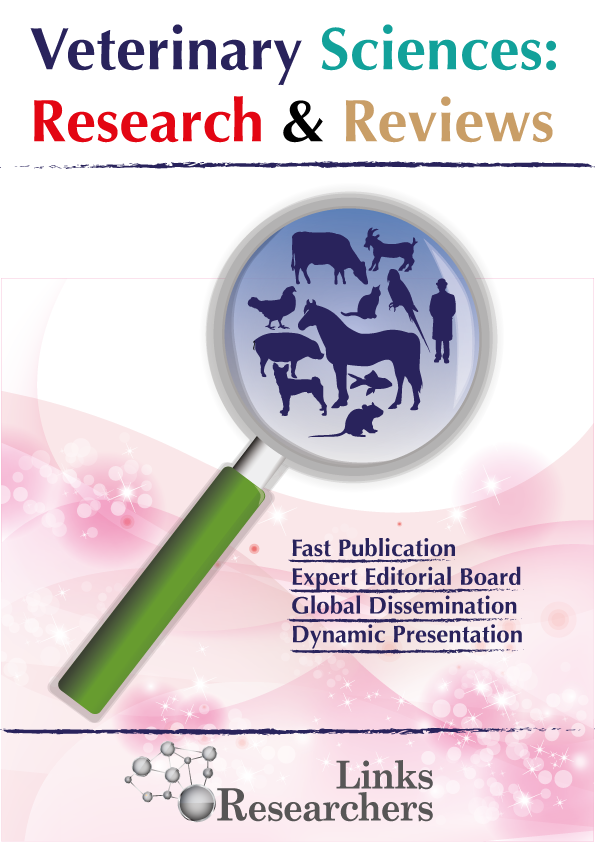Anticlostridial Activity of the Thyme and Clove Essential Oils against Experimentally Induced Necrotic Enteritis in Commercial Broiler Chickens
Anticlostridial Activity of the Thyme and Clove Essential Oils against Experimentally Induced Necrotic Enteritis in Commercial Broiler Chickens
Nashwa Mohamed Eid1, Al-Hussien Mohamed Dahshan1, El-Shayma El-Nahass2, Basma Shalaby3 and Ahmed Ali1*
ABSTRACT
The objective of this study was to evaluate the efficacy of thyme and clove essential oils (EOs) as feed additive for prevention and/or control of Clostridium perfringens (CP) type A induced necrotic enteritis (NE) in broiler chickens. The influence of varying concentrations of both EOs was determined in vitro using the agar dilution test. Concentration as low as 0.25% and 0.125% of thyme and clove oils, respectively, were able to completely inhibit the growth of CP. An in vivo study was conducted in commercial broiler chickens, where, 2 groups of 10 day-old broilers were fed a balanced ration with addition of thyme (0.25%) or clove (0.125%). Birds were then challenged with CP (1×108 CFU) together with another 2 groups without EOs at 15 days of age. Starting from 3 days’ post infection (DPI), the second 2 set of birds without EOs addition were fed ration containing 0.25% and 0.125% thyme and clove oils as treatment in comparison to an antibiotic control group using for 5 days. The results showed that the use of EOs improved growth performance of broiler chickens especially when used as preventive feed additive continuously. The thyme EO showed better anticlostridial activity in terms of reduced CP counts in intestine and alleviation of intestinal damage caused by infection. In conclusion, the EOs are effective feed additives to treat and/or prevent NE in poultry. Further studies on the effect of EOs on other enteric infection, intestinal microbiota, poultry feed components, and poultry meat quality are required.
To share on other social networks, click on any share button. What are these?





